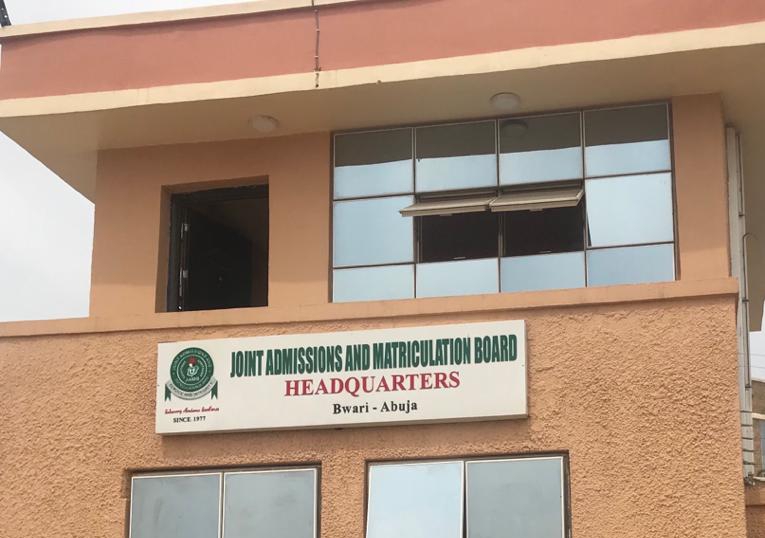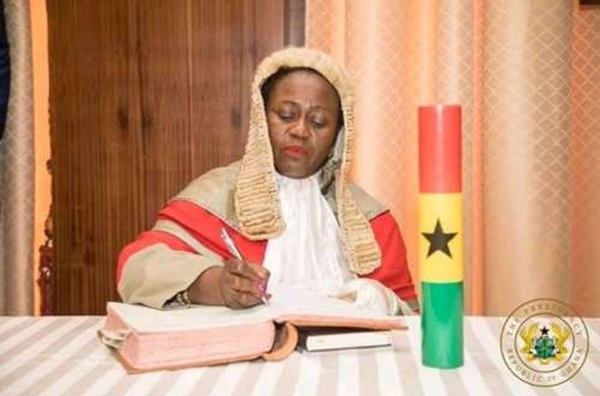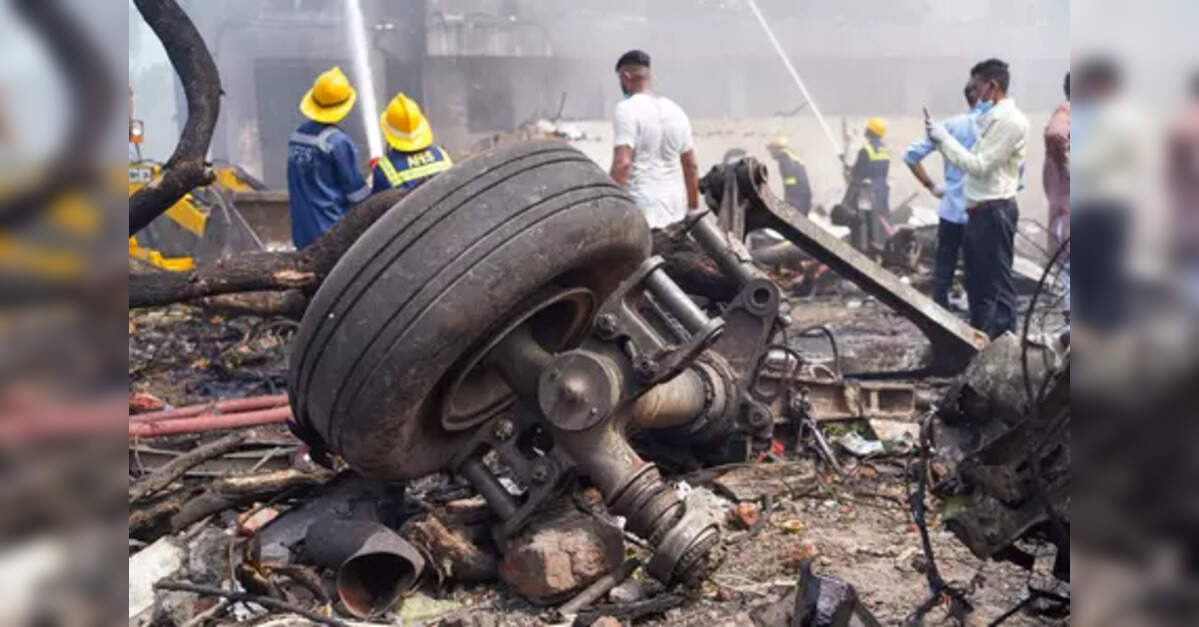India decodes AI-171 black boxes in-house for the first time; a big leap in aviation safety
The black box data from the ill-fated Air India Flight AI-171 is being decoded entirely within the country — a first for such a high-profile crash investigation.
The Aircraft Accident Investigation Bureau (AAIB) Lab in New Delhi is currently leading the analysis of critical flight data retrieved from the aircraft’s black boxes, following the crash in Ahmedabad earlier this month. According to the Ministry of Civil Aviation, the Crash Protection Module (CPM) from the Cockpit Voice Recorder (CVR) was safely recovered, and the memory module was successfully accessed and downloaded on June 25, 2025.
Sources told ANI that the bureau used a “golden chassis” — an identical black box — to verify the integrity of the data during retrieval. Of the two black boxes, one was discovered atop a building on June 13 and the other in the crash debris on June 16.
The investigation is being led by AAIB Director General and includes experts from the Indian Air Force, Hindustan Aeronautics Limited (HAL), and the US-based National Transportation Safety Board (NTSB), which represents the country where the aircraft was manufactured. Officials from Boeing and GE, along with an aviation medicine specialist and an Air Traffic Control officer, are also part of the probe. The NTSB team is currently stationed in Delhi and working alongside Indian authorities.
India is conducting the investigation in accordance with global standards under the ICAO Chicago Convention and Annex 13 protocols, as well as the Aircraft (Investigation of Accidents and Incidents) Rules, 2017. Authorities have emphasised that the probe will remain transparent and time-bound.
This marks a turning point in India’s aviation safety capabilities. Previously, the country relied heavily on international facilities in the US, UK, France, Italy, Canada, and Russia to decode flight recorders. For instance, the black boxes from the 1996 Charkhi Dadri crash were analysed in Moscow and the UK, while the 2010 Mangalore crash recorders were processed in the US. Even as recently as the 2020 Kozhikode crash, data processing required foreign technical support despite partial decoding at DGCA’s facility.
However, under the Centre’s Aatmanirbhar Bharat initiative, AAIB has been steadily upgraded since 2017 with state-of-the-art tools and dedicated infrastructure, enabling the lab in Delhi to decode both Cockpit Voice Recorders and Flight Data Recorders.
Officials believe that by handling the entire AI-171 crash investigation domestically — with international technical cooperation but no external dependency — India has entered a new era of aviation accident investigation. This move is expected to speed up future probes, ensure greater transparency, and strengthen public confidence in the system.











